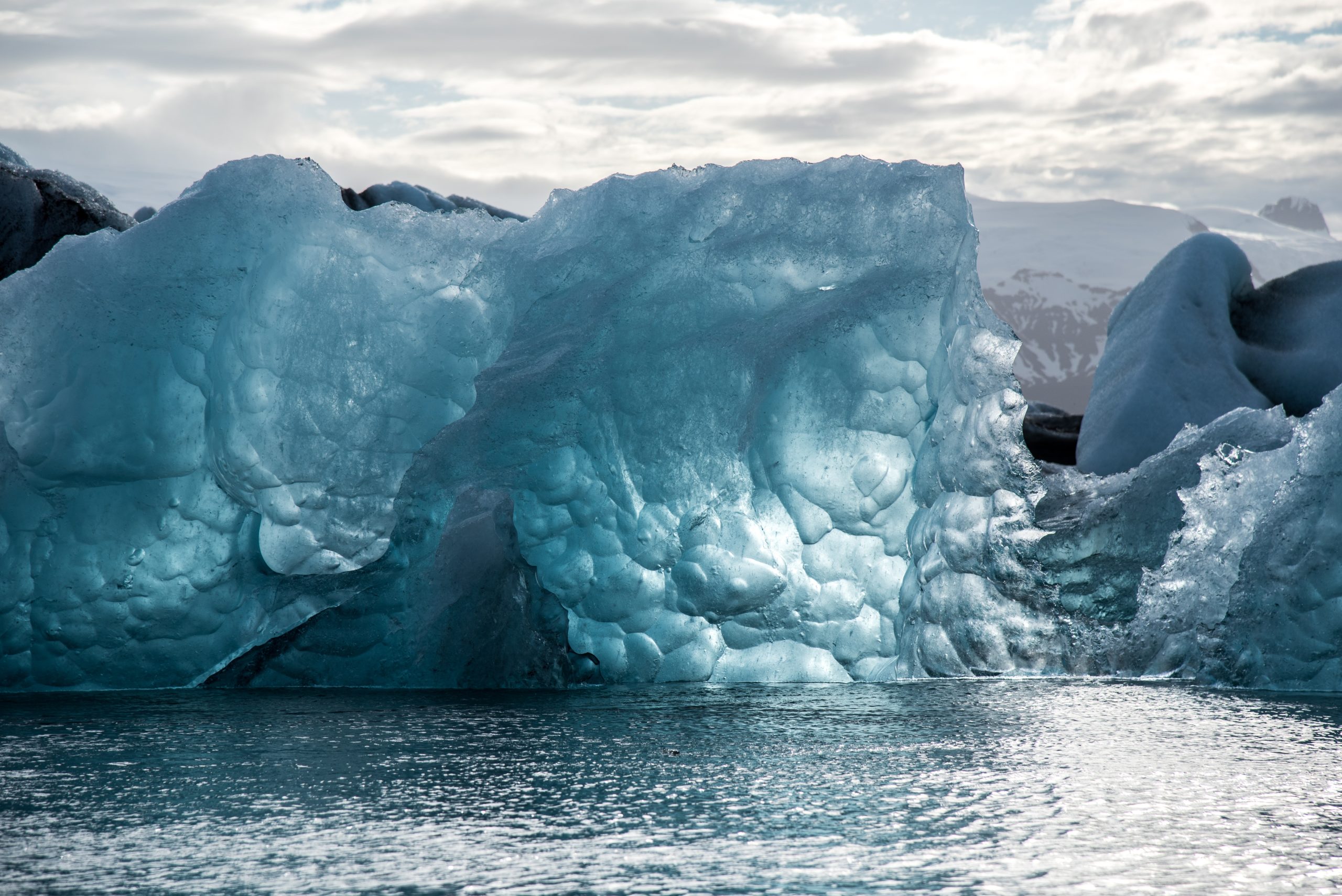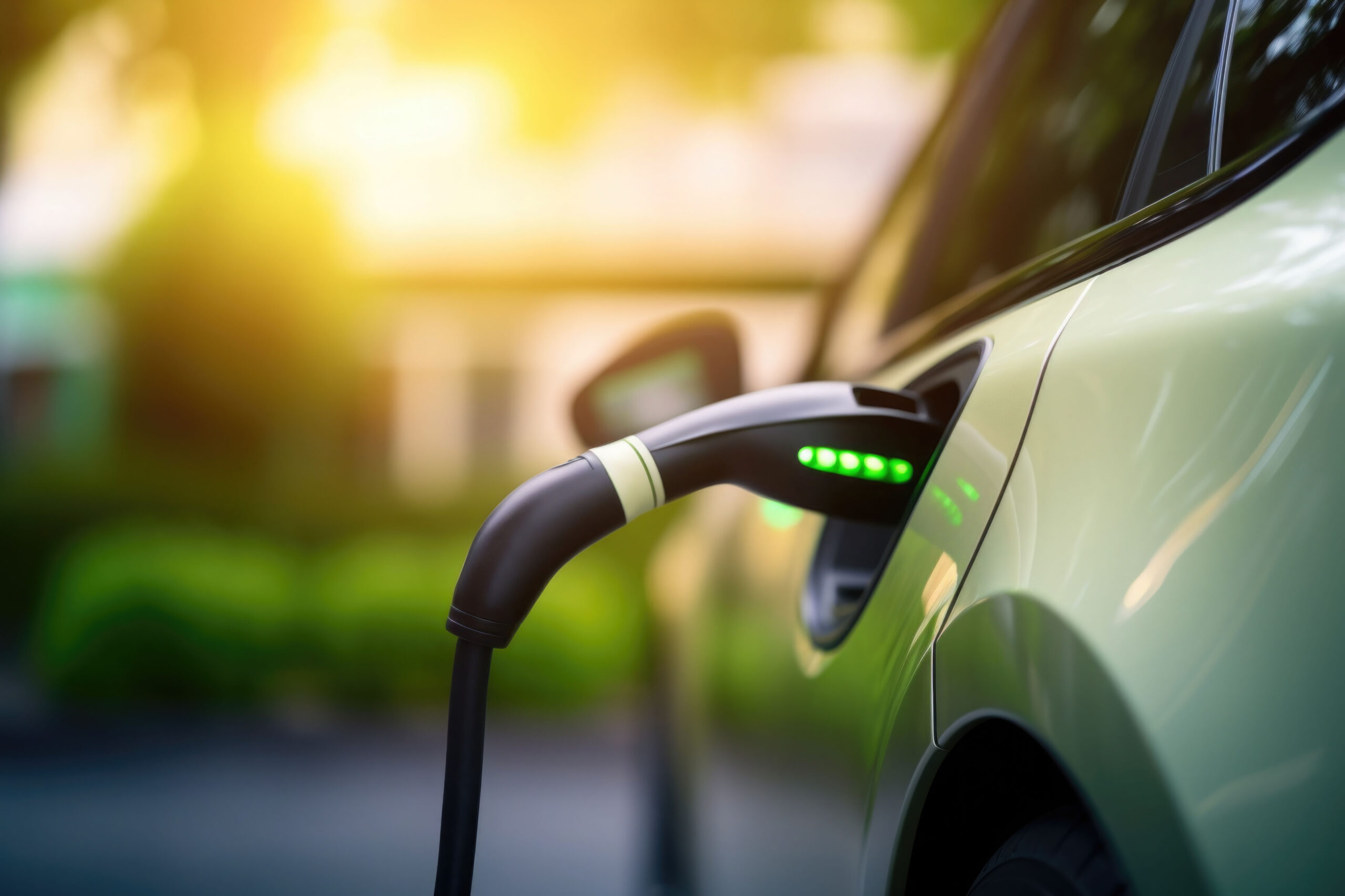
The 2021 IPCC report: A global response to a global emergency
“Climate change widespread, rapid, and intensifying” these stark words of warning summarize the findings of the most recent Intergovernmental Panel on Climate Change (IPCC) report, published on August 9, 2021.
Against a backdrop of record-breaking wildfires in Greece, Turkey, Italy, and Oregon in the US, widespread flooding in Germany and China, heatwaves in Moscow, and snowfall in Madrid, Climate Change 2021: The Physical Science Basis, is the first volume of the sixth assessment report from the IPCC[1], which proves that human-induced climate change is creating multiple and, in some cases, irreversible changes to the climate across different regions.
In the run up to the COP26, the UN climate summit to be held in Glasgow this November 2021, the IPCC’s report advises nations to make concrete policy changes in order to transition towards a greener energy mix and lower-carbon economies. Without concrete action, these extreme weather phenomena are likely to get worse.
The previously stated COP21 goal of 1.5°C is now, more than likely, to be exceeded
To limit global warming to below 2°C, the IPCC reaffirms that CO2 emissions must be reduced rapidly and net zero CO2 emissions achieved by 2050, along with a sharp reduction in emissions of other greenhouse gases. In France, where President Emmanuel Macron described the report as “irrevocable“[2], the issue of climate has been on the political agenda for years. The country has been a key player in pushing an EU-wide carbon neutrality target for 2050 and increasing its net emissions reduction target to at least 55% by 2030 compared to 1990 levels, the baseline year used globally to set emissions reduction targets.
At a national level, France introduced the Climate and Resilience Act this summer. This new law, although criticized for falling short of the ambitions of the much-talked-about Citizens’ Convention on Climate, has put in place new measures on transport, housing renovation, food production, and other areas of daily life.
France, which already has a much lower-carbon energy mix compared to its industrialized neighbors in Europe such as the UK and Germany thanks in a large part to its nuclear power generation capabilities, also reinforced and added points relating to renewable energy into the Act, including:
- Ensuring regional renewable energy objectives are aligned with France’s national energy policy
- Introducing biogas certificates
- Reinforcing the obligation to install vegetation or renewable energy production facilities when constructing and renovating industrial and commercial buildings
- Giving permissions to administrative authorities to authorize solar energy production installations on wasteland located in coastal areas[3].
But is this enough and what else can be done to accelerate the adoption of renewable energy?
According to Jean-Louis Bal, President of the Syndicat des Energies Renouvelables, France’s Renewable Energy Trade Association[4], the Act could have gone further in terms of renewable energy production as it was based on the former aim of reducing emissions by 40% by 2030, and not 55%, which he explains is an objective that still needs to be ratified by all member states before passing into law.
In the UK, Prime Minister Boris Johnson responded to the IPCC report by saying he hoped that it would be a wake-up call for the world to take action: “We know what must be done to limit global warming – consign coal to history and shift to clean energy sources, protect nature and provide climate finance for countries on the frontline[5].”
How do the UK and Germany compare to France?
In April, the UK announced its ambition to reduce its emissions by 68% by 2030 and 78% by 2035, leading to net zero by 2050, and included international aviation and shipping emissions in its carbon budget for the first time[6]. In 2020, renewable electricity overtook fossil fuel generation in the UK for the first time, with renewable energy generated by wind, sunlight, water, and wood making up 42% of the country’s electricity compared to 41% generated from gas and coal plants combined[7].
Tom Burke, who chairs the environmental think tank E3G, has been quoted as saying that to meet these targets the Prime Minister would need to “focus his policy around energy efficiency, around wind and solar, and around storage of electricity and the management of the grid[8].”
Elsewhere, in Germany, which was hit by record floods this year and where mitigating climate change has been a decisive factor in the outcome of the last elections, reactions to the IPCC report recognize the implications of insufficient actions. Federal Environment Minister Svenja Schulze said: “It makes it unequivocally clear that we must prepare for more and more extreme weather events in Germany. They are not going away because we can’t reverse the climate change that has already taken place. We can, however, slow it down”. Her colleague, Development Minister Gerd Mueller added: “We need a global green deal, with huge private investments to expand renewable energies as well as technology transfers and an investment offensive by industrialized countries in emerging and developing countries.”
Mueller has called on the World Bank, the International Monetary Fund, the development banks, and the EU to step up.
Germany itself is in the lead internationally regarding its climate ambitions after outgoing Chancellor Angela Merkel, dubbed the “Climate Chancellor”, announced in May that the German government would move up its goal of reaching carbon neutrality by 5 years to 2045[9].
These ambitions are supported by Energiewende, which describes a process passed into law in 2010 to transition the country out of fossil fuels and into a low carbon and environmentally sound energy supply. The transition has had its ups and downs, however, and with the decision to phase out nuclear power following the Fukushima disaster in 2011, Germany has had to rely more heavily some years on fossil fuels to make up for energy shortages. In 2020, the share of renewable energy in Germany’s power generation climbed to 50.5%, with wind power alone generating more than a quarter of the country’s electricity[10]. Shortly after, in the first half of 2021, wind output was low and the use of coal rose by 21% as compared to the previous year, to make up the difference[11].
Although ambitions set by all three governments have been welcomed by many, leaders in opposition, environmentalists, and climate scientists have criticized their respective leaders for insufficient actions and repeated rhetoric over concrete changes in policy. Only time will tell whether the IPCC’s report and this year’s COP26 conference in Glasgow provide the impetus to make significant change, and in the words of President Macron “seal an agreement that is equal to the emergency!”
[1] The IPCC is the United Nations body for assessing the science related to climate change.
[2] Twitter Feed : https://twitter.com/EmmanuelMacron/status/1424762392639049729
[3] https://www.lexology.com/library/detail.aspx?g=8a7dfaba-03e8-4ab9-b9b8-2cedbe1eab07
[4] The French Renewable Energy Trade Association (SER) was established in 1993 to promote the interests of industrials and professionals in the sector to public authorities, parliament and all bodies in charge of energy, industry, employment, the environment and research.
[5] https://www.gov.uk/government/news/uk-calls-for-greater-global-ambition-as-un-finds-world-warming-faster-than-previously-estimated
[6] https://www.gov.uk/government/news/uk-enshrines-new-target-in-law-to-slash-emissions-by-78-by-2035
[7] https://www.theguardian.com/environment/2021/jan/28/uk-electricity-from-renewables-outpaces-gas-and-coal-power
[8] https://www.bbc.co.uk/news/uk-politics-56807520
[9] https://www.cleanenergywire.org/news/germany-pull-forward-target-date-climate-neutrality-2045
[10] https://strom-report.de/germany-power-generation-2020/
[11] https://en.wikipedia.org/wiki/Energiewende

